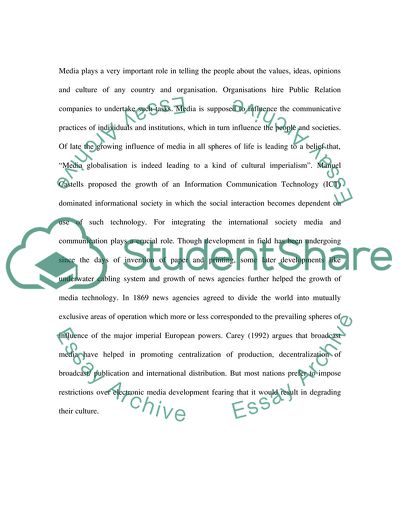Cite this document
(Communication and the Media in Business Practise Essay - 1, n.d.)
Communication and the Media in Business Practise Essay - 1. https://studentshare.org/media/1706431-technology-communications-and-the-media
Communication and the Media in Business Practise Essay - 1. https://studentshare.org/media/1706431-technology-communications-and-the-media
(Communication and the Media in Business Practise Essay - 1)
Communication and the Media in Business Practise Essay - 1. https://studentshare.org/media/1706431-technology-communications-and-the-media.
Communication and the Media in Business Practise Essay - 1. https://studentshare.org/media/1706431-technology-communications-and-the-media.
“Communication and the Media in Business Practise Essay - 1”. https://studentshare.org/media/1706431-technology-communications-and-the-media.


